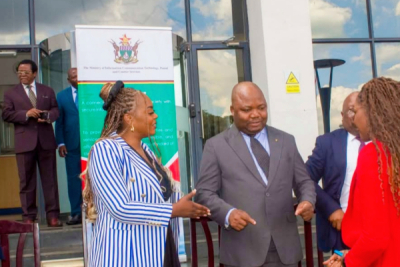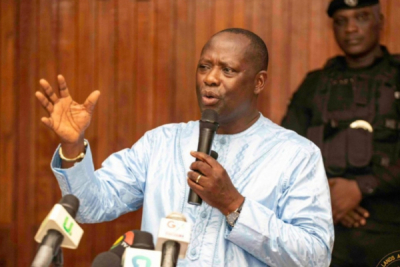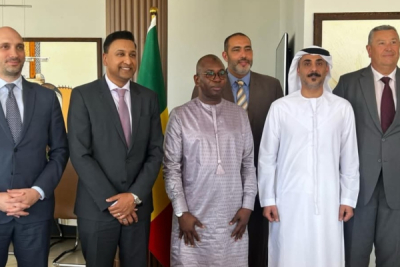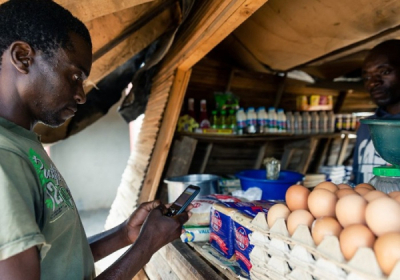Thanks to the regional fiber loop it is building by interconnecting with its neighbors, Tanzania aims to form a large regional loop that will enable it to offer its population high-quality, affordable, and ultra-high-speed connectivity.
Tanzania will connect Uganda to its National Fibre Optic Cable network named National ICT Broadband Backbone (NICTBB). This is one of the terms of a memorandum of understanding signed between Tanzania Telecommunications Corporation (TTCL) and the National Information Technology Authority Uganda (NITA-U) on Friday, September 29, to strengthen the ICT cooperation between the two countries.
The 15-year agreement will be implemented by NITA-U and TTCL, costing $28.8 million.
"ICT connections with Uganda will create another connection opportunity with other countries. The government will continue investing in infrastructure management to increase productivity,” said Nape Nnauye, Tanzania's ICT Minister, adding that the agreement offers an important opportunity to establish a connection between the Democratic Republic of Congo (DRC) and South Sudan in the coming months.
This ICT partnership between Tanzania and Uganda is the result of Tanzanian President Samia Suluhu Hassan's visit to Uganda in May 2022. During that visit, she agreed with her Ugandan counterpart Yoweri Museveni to integrate the two countries' ICT backbones for improved internet services.
According to Chris Baryomunsi, Uganda's Minister of ICT and National Orientation, the MoU will transform people's lives by providing them with opportunities. It will also stimulate economic growth in both countries through the use of ICT.
Tanzania's fiber optic link with Uganda will follow that currently underway with Malawi. Earlier this month, Tanzania signed an agreement with Malawian authorities to extend its national fiber optic infrastructure to the border town of Kasumulo. Once the interconnection is complete, Uganda will join the list of countries with which Tanzania shares an interconnection. These include Burundi, Kenya, Mozambique, and Rwanda.
Samira Njoya



















